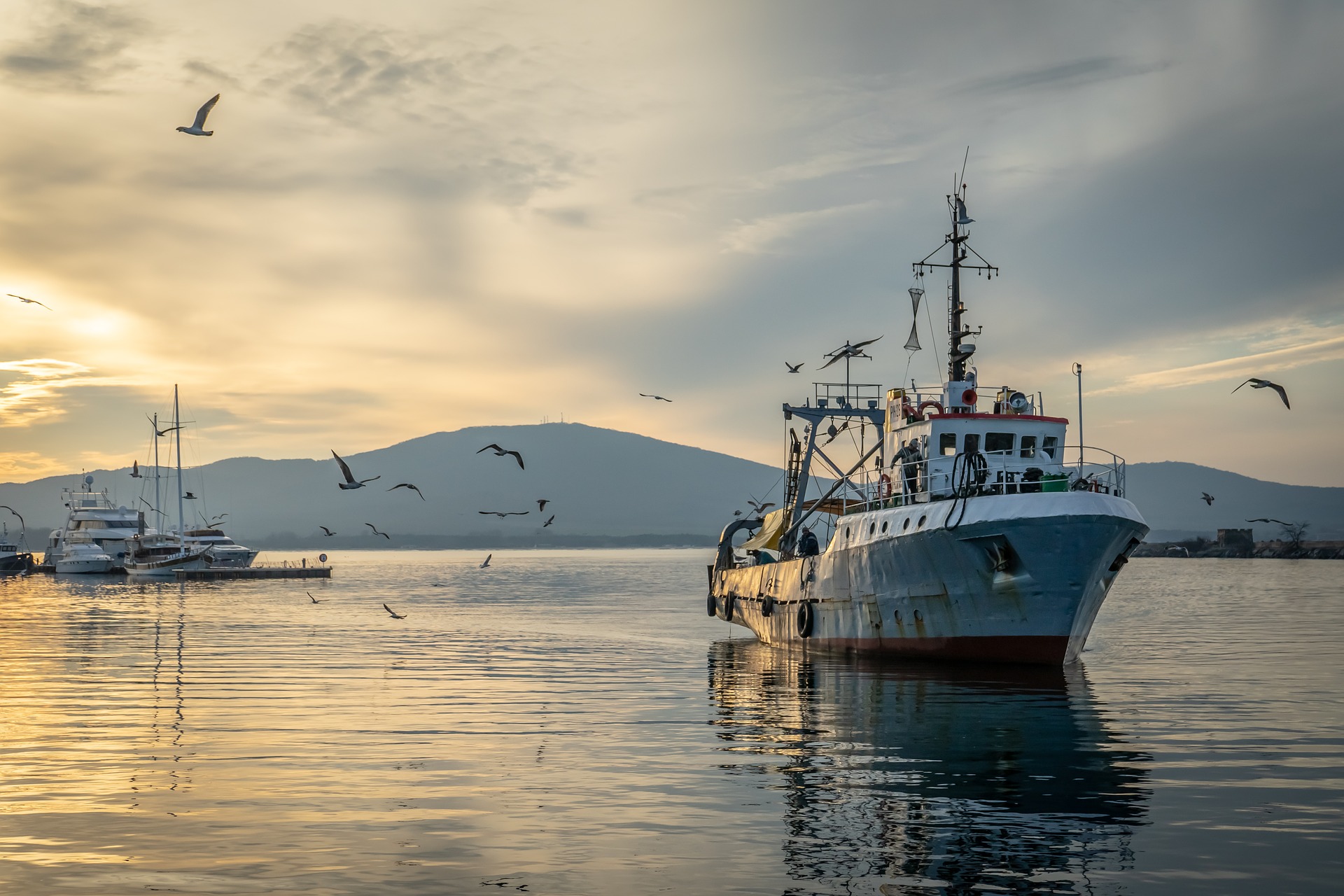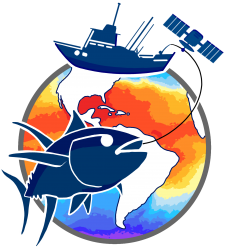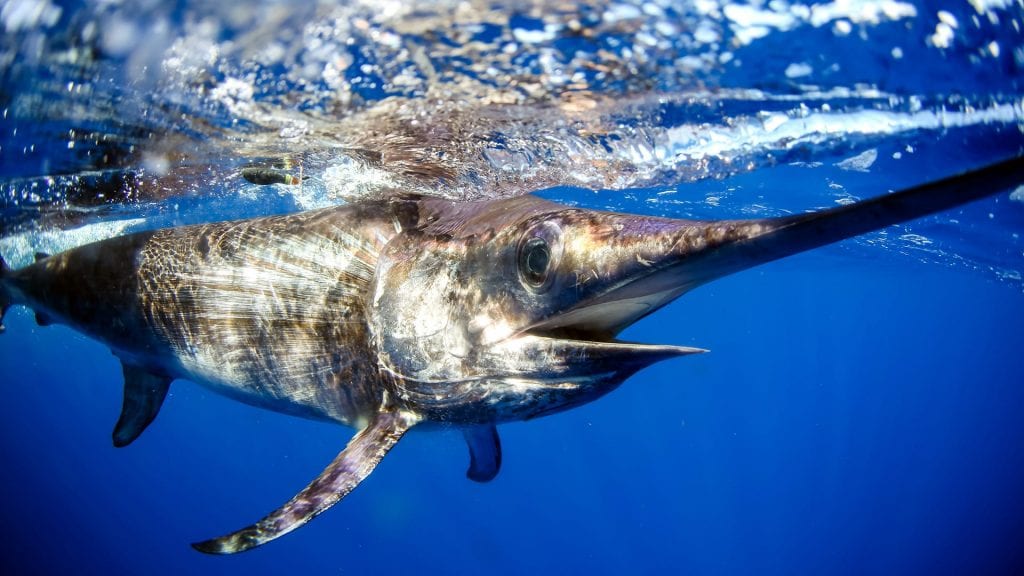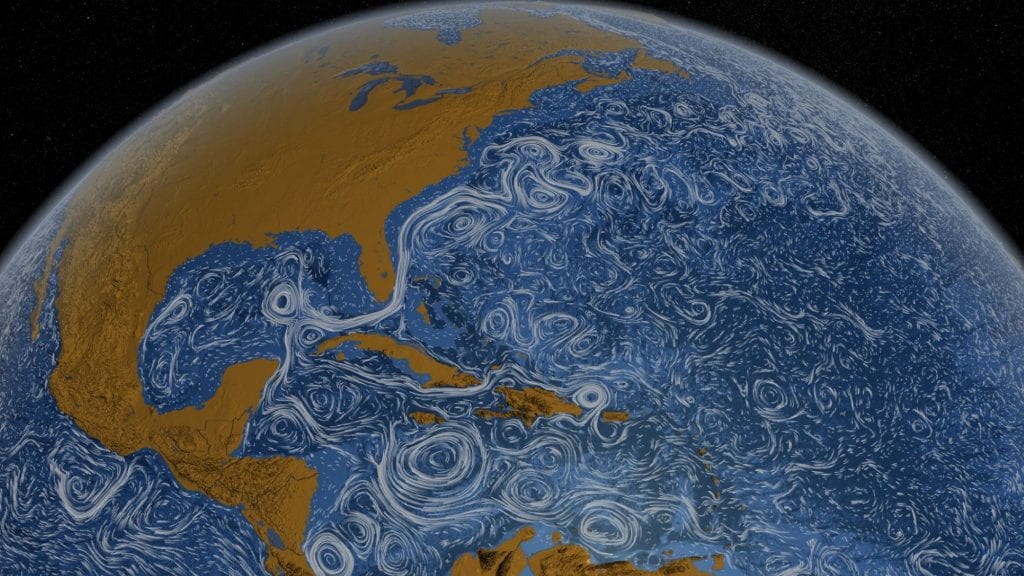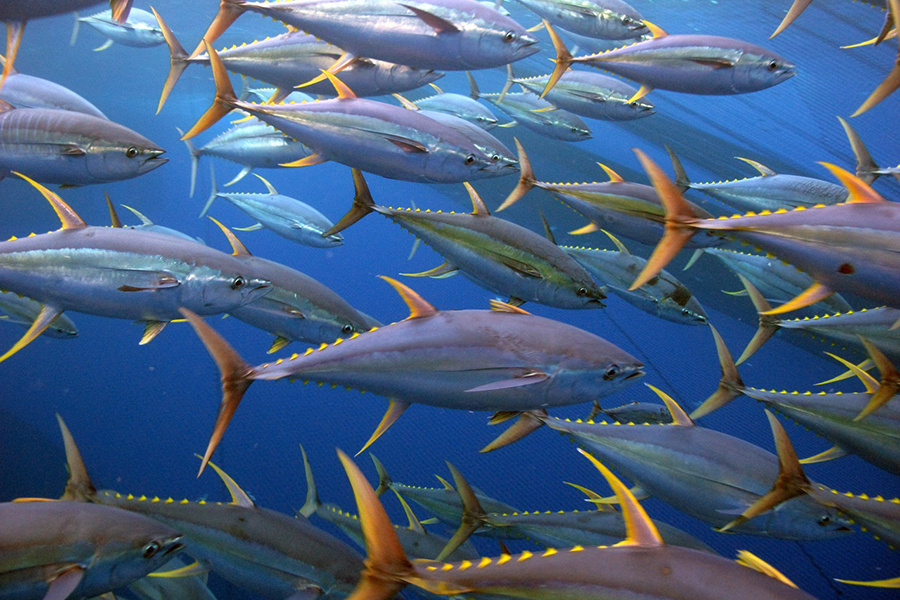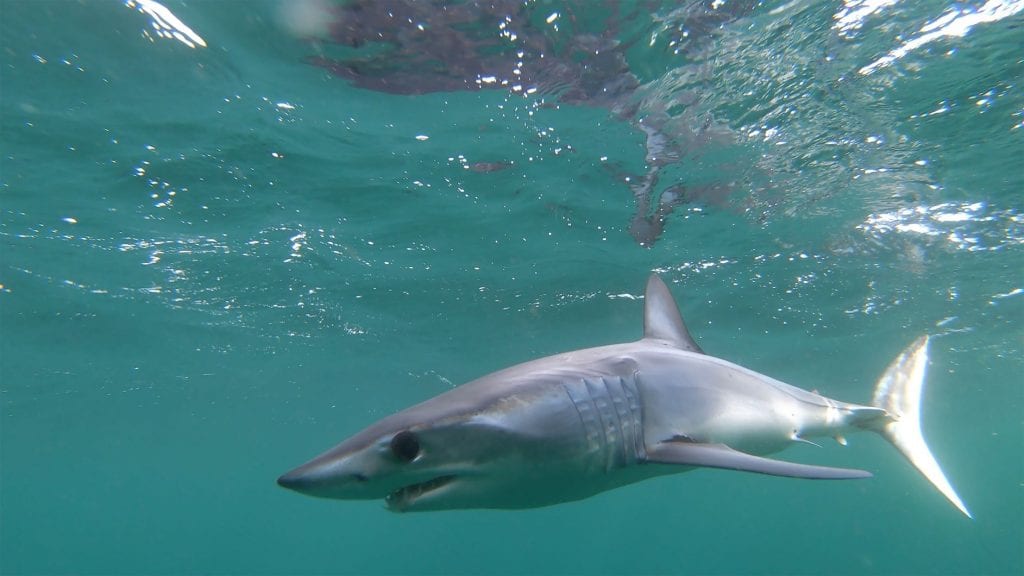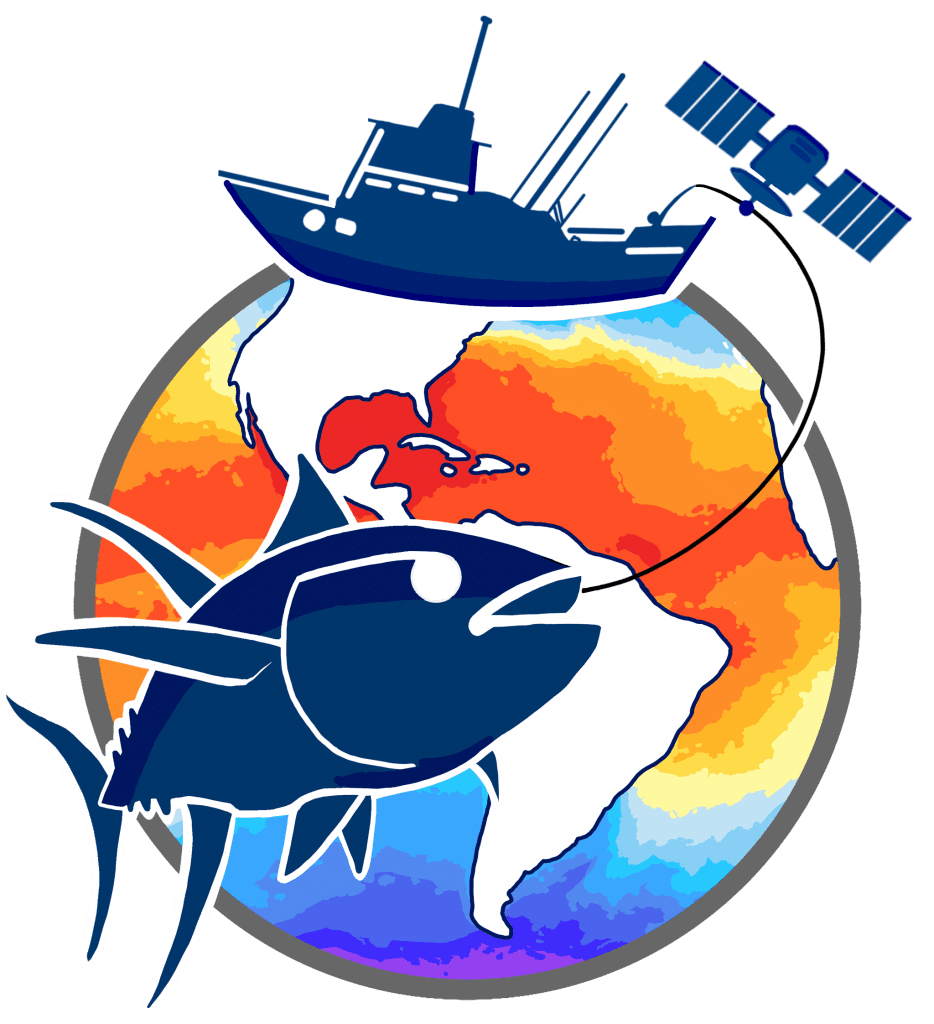
Fisheries and Climate Toolkit (FaCeT) is an online platform that uses biological, fisheries, vessel, satellite, and climate model data to visualize and explore how climate change will impact highly migratory marine species and fisheries, bridging the gap between fisheries and climate science to support climate resilient and sustainable fisheries.

Credit: Steve Dougherty Photography 
Credit: NASA 
Credit: Jeff Muir 
Credit: Elaine Brewer
Oceans and Climate Change
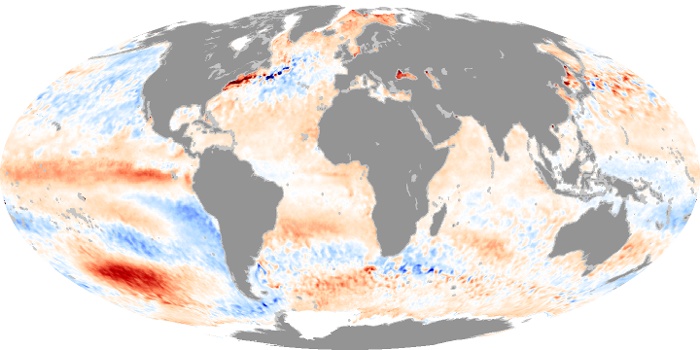
Covering more than 70% of Earth’s surface, oceans absorb the majority of atmospheric heat and are disproportionately affected by climate change. This absorption process has led to a changing ocean as evidenced by increasing temperatures across the world’s oceans. One of the key ways we measure climate change in the ocean is using temperature anomalies, large shifts in temperature relative to a reference period. Anomalies identify ocean areas where temperatures have deviated from historical baselines.
Why is climate change in the ocean important?
Climate change threatens both ocean ecology and economies: ocean ecosystems support 50-80% of total biodiversity on Earth and ocean economies support billions of people’s livelihood and subsistence. Despite the growing evidence of a warming, there remain many unanswered questions in terms of how fisheries are and will continue to be impacted by climate change. Understanding the current and future impacts of climate change on fisheries has tremendous conservation and economic implications.
FaCeT Toolkit Applications

Explores how one current impact of climate change – marine heat waves – are impacting fishing ground suitability and fleet distribution

Projects distribution changes for key species (swordfish, tuna, sharks) in two commercially important fisheries areas – the California Current and the Northwest Atlantic
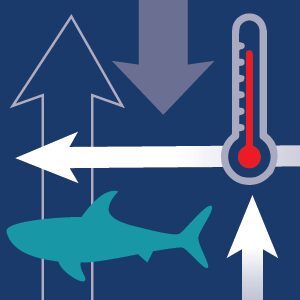
Builds capacity to strengthen understanding of the sources of uncertainty in climate projections
